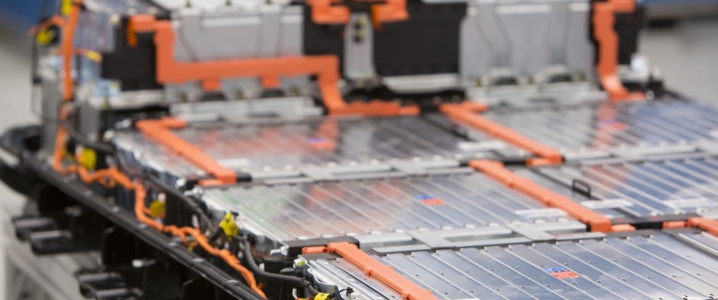
While scores of research labs around the world look for ways to replace lithium-ion batteries with cheaper and more reliable alternatives, China has started a pilot EV battery recycling program in anticipation of a boom in EV adoption in the next few years. Reuters cites a statement from the Ministry of Industry and Information Technology saying that 17 cities and regions will work to encourage car producers to build battery recycling facilities and join forces with battery makers, used car dealers, and scrap traders to set up recycling networks.
China is currently the world’s biggest EV market and this is a market that is set for quick and strong growth as Beijing prioritizes the pollution fight. This growth means growth in EV battery production and sales, and consequently, growth in battery waste: the average lifespan of an EV battery is about eight years or 100,000 miles, although some manufacturers are providing additional capacity loss coverage.
Basically, the more EVs there are on the roads, the more waste will build up in the not too distant future. China is a pioneer of sorts with this recycling scheme, which further highlights the importance of EVs in its quest for cleaner air and, probably, a lower dependence on imported fossil fuels. But recycling can also be a very lucrative business: according to local estimates, the battery recycling market in China could hit US$824 million this year, to grow to US$1.56 billion in 2020, with between 120,000 and 200,000 tons of accumulated EV battery waste available for recycling.
And there’s more coming if all goes according to plans, which see 5 million EVs on Chinese roads by 2020. That’s up from 777,000 sold last year and more than 400,000 sold in just the first half if this year. So, the plan seems to be realistic if the rate of sales growth continues, providing more batteries for recycling. There is one question, though: will there be enough recycling capacity to handle them?
Bloomberg recently reported, quoting a Sanford Bernstein analyst, that the Chinese EV battery market is facing a major shake-up as Beijing scales back subsidies previously provided generously to “everything and everybody that wants to give it a try. Now they’re trying to wean them off,” Bernstein’s lead analyst on batteries mark Newman explains, “and you’re starting to see who is a worthy battery maker that can actually survive.”
The biggest players have the strength to survive, but they are bound to need ongoing help from the government with their recycling efforts. Sure, there are alternatives to recycling, at least for a while: lithium-ion batteries no longer good enough for electric cars can be used for household energy storage. But, again, this is not a permanent solution.
Recycling seems to be the only longer-term solution right now and it looks like applying it in China might be challenging. In this context, the pilot scheme could not have come at a better time: there are enough batteries available for recycling to give recyclers a taste of what’s to come in about a decade, and to how they handle it.
